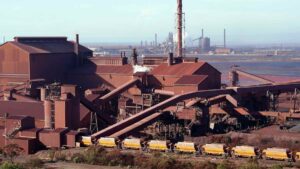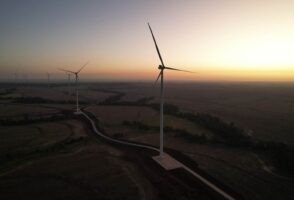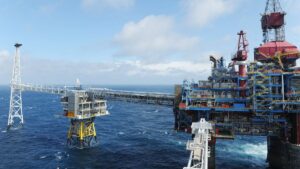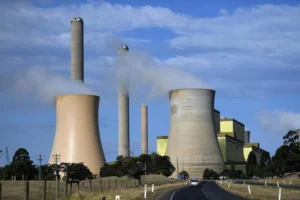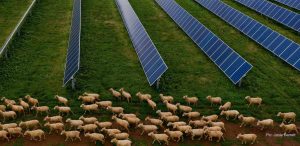Incoming federal energy and climate minister Chris Bowen has blamed the anticipated jump in power bills on the Coalition’s energy policies, saying Scott Morrison’s legacy as prime minister will be “higher power prices.”
The Australian Energy Regulator published its latest Default Market Offer on Thursday, which will see the benchmark electricity price increase in New South Wales by as much as 14.1 per cent, and prices in south-east Queensland rise by 11.3 per cent.
The regulator pointed to surging coal and gas prices – driven by global events like the Russian invasion of Ukraine – and outages at several coal and gas generators as contributing to a significant increase in wholesale electricity prices.
Unloading on the outgoing government following the AER’s announcement, Bowen blamed the defeated Morrison government for the increase in electricity prices, saying it had failed to introduce the policies needed to support investment in new lower-cost renewable energy supplies.
“The lack of energy policy, the lack of investment in new energy, the lack of investment in renewable energy, and the lack of transmission over the last nine years means that Australians are paying more for electricity than they should be,” Bowen told media in Sydney.
“The Morrison government may have been defeated on Saturday, but its legacy continues, and its legacy is higher power prices.”
The increases to the Default Market Offer – which sets an effective price cap for electricity customers – will see households across Australia’s eastern states see their average electricity costs increase by as much as $227 a year and come just days after the federal election.
Bowen is expected to be sworn in as the new federal minister for energy and climate change on Monday, replacing Angus Taylor after Labor’s election win.
Bowen pinned the electricity price increases on the policy failures of the Morrison government but said that the newly elected Labor government would fill the policy gap left by the Coalition.
“There is now a government with a plan in place, a plan to see more renewables, the cheapest form of energy, come onto the system,” Bowen said.
“A plan to see a big investment in transmission to get the energy from where it’s generated at lowest cost to where it’s consumed. All this will provide ongoing downward pressure on energy prices.
“Australia now has a government with a plan to deal with climate change and energy in the way in which produces cheaper renewable energy available to all Australian households.
“But in the meantime, Australian families, who are already facing a cost-of-living crisis as a result of nine years of Liberal neglect, will be impacted by these increases,” Bowen said.
Outgoing energy minister Angus Taylor has not provided comment on the electricity price increase.
Economist and member of the Climate Council, Nicki Hutley, said boosting the share of Australia’s electricity sourced from renewables could be key to lowering electricity prices.
“South Australia is showing the rest of the nation how investing in renewables delivers greater returns to households and businesses in the form of cheaper, cleaner energy,” Hutley said.
“And in addition to the economic dividends from renewables, we will have far better health outcomes as we wean ourselves off coal- and gas-fired power.”
“As one of the sunniest and windiest countries on earth, we have the tools we need. Governments can step up by attracting capital and by investing in more labour skills to support the transition.”
The Clean Energy Council’s director of energy transformation, Christiaan Zuur, backed the call for increased renewable energy investment, saying the earlier new wind and solar capacity is commissioned, the greater the benefits will be for energy consumers.
“Strong government leadership is crucial to manage the transition and facilitate private investment in low-cost clean energy, turbo-charging economic activity and job creation across Australia and accelerating our evolution to becoming a clean energy superpower,” Zuur said.
“An orderly transition is about ensuring enough renewable energy capacity, storage and transmission has been built, well before Australia’s ageing and unreliable coal-fired power generation fleet fails or is decommissioned because it has become too expensive to run.
“A just-in-time approach to replacing this ageing coal capacity contributes to higher electricity prices for consumers – as we are already seeing – and potentially even has reliability impacts,” Zuur added.


